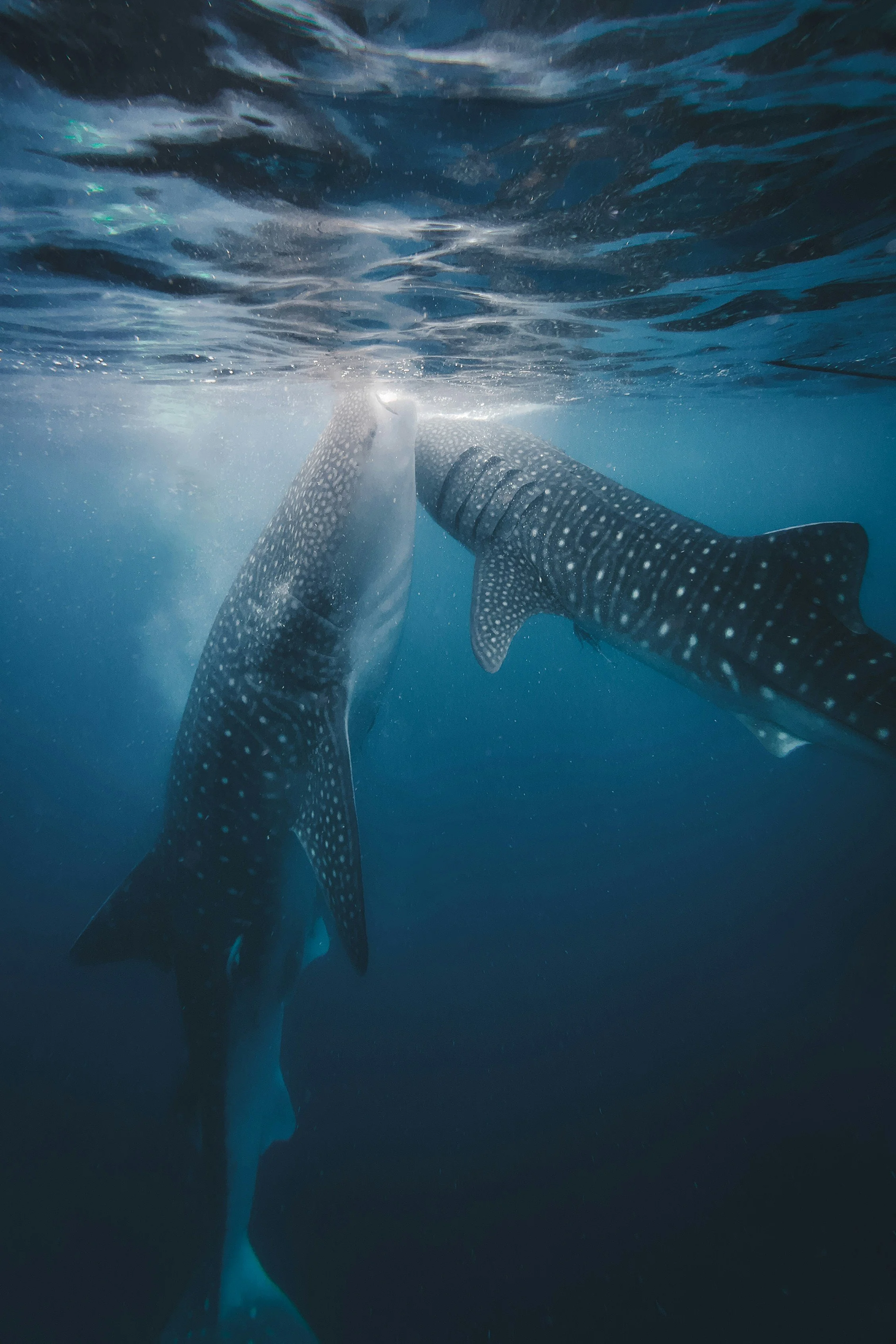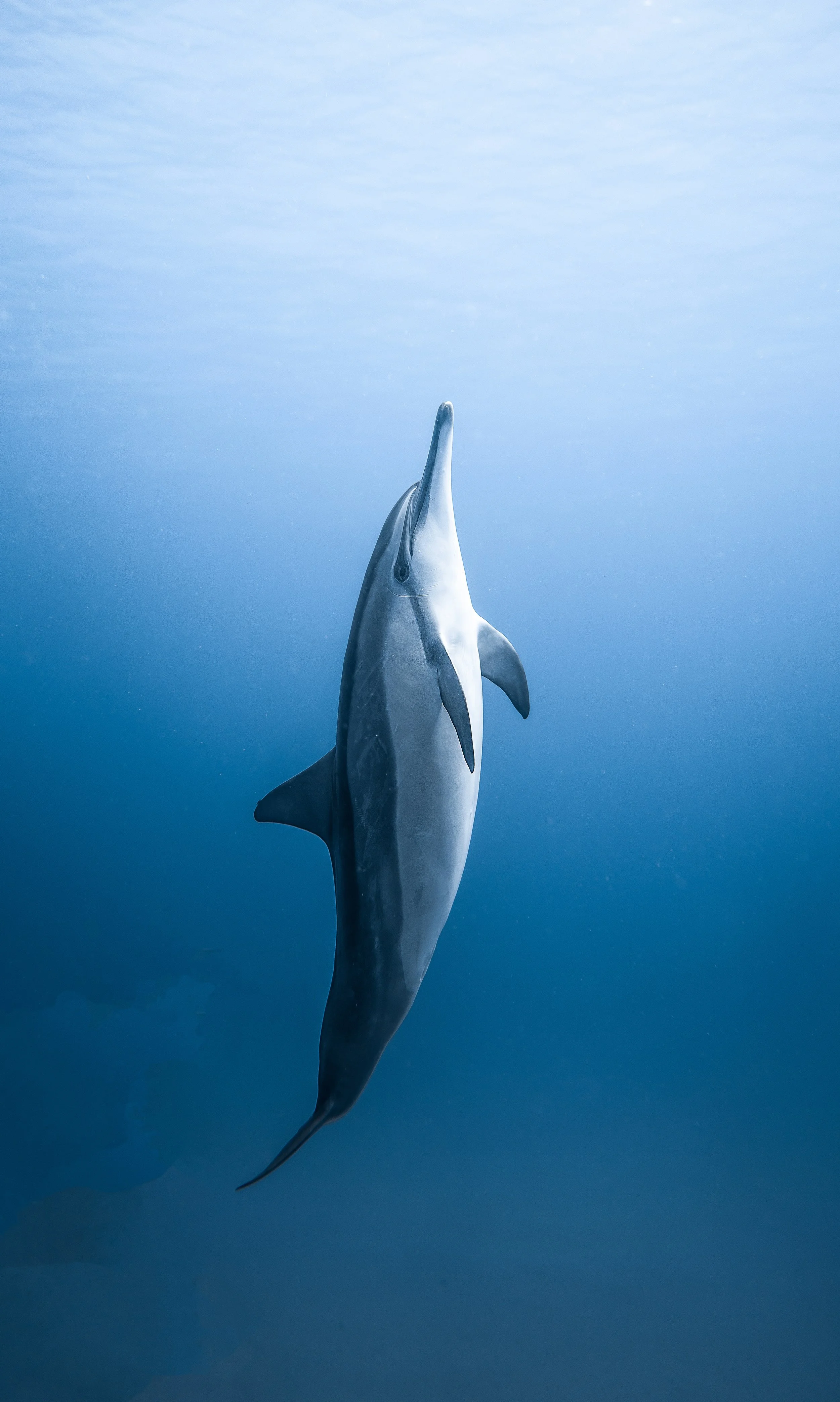
June 2025
UN-backed global research movement shows benefits of tracking ocean giants for marine conservation
© Daniel Torobekov
A team of international scientists have tracked over 100 marine megafauna species, identifying the most critical locations in our global oceans for better marine conservation efforts, according to new research from The Australian National University (ANU).
The global UN-endorsed research project, MegaMove, involves almost 400 scientists from over 50 countries, showing where protection could be implemented specifically for the conservation of marine megafauna.
Current marine protection areas include only 8 per cent of the world’s total oceans, which the UN High Seas Treaty seeks to expand to 30 per cent.
© Silvana Palacios
The research found that the targets of the current Treaty - signed by 115 countries but still to be ratified – is a step in the right direction and will be key to assist conservation but insufficient to cover all critical areas used by threatened marine megafauna, suggesting that additional threat mitigation measures are also needed.
Some of the ocean’s best-known creatures – known as marine megafauna – include sharks, whales, turtles, and seals. They are typically top predators with critical roles in marine food webs but face growing threats from humans’ environmental impact.
ANU marine ecologist and research lead author, Associate Professor Ana Sequeira, said the study’s goal is to identify areas used by marine megafauna for important behaviours like foraging, resting, and migratory corridors, and these areas can only be found based on their tracked movement patterns.
© Kevin Charit
“We found that the areas used by these animals overlap significantly with threats like fishing, shipping, warming temperatures, and plastic pollution,” she said.
“The 30 per cent protection goal is seen as helpful but insufficient to protect all important areas, meaning that additional mitigation strategies are needed to alleviate pressures beyond areas that will be protected.”
The research also links to UN Sustainable Development Goals, Goal 14 on water, and specifically, to Goal A of the Kunming-Montreal Global Biodiversity Framework to halt human-induced extinction of threatened species.
Associate Professor Sequeira was a recipient of the 2024 Australian Academy of Science Honorific Awards due to her outstanding contributions to marine biology, specifically working with large marine creatures like the whale shark and revealing their global distributions.
© Elianne Dipp
She is also the research director and founder of MegaMove, a global scientific project she launched in 2020.
“MegaMove brings together an international network of researchers to provide innovative research to advance the global conservation of marine megafauna,” she said.
“Our research shows that, in addition to protected areas, implementing mitigation strategies like changing fishing gear, using different lights in nets, and traffic schemes for ships will be key to alleviating current human pressure on these species.”
Study co-lead author Dr Jorge Rodríguez, from Instituto de Física Interdisciplinar y Sistemas Complejos, added: “We’ve outlined the top areas for 30 per cent protection, ranking them based on their use by marine megafauna species.
© Daniel Torobekov
“Our analysis identifies which areas in the global ocean these species are using as residencies or migratory corridors. We specifically focused on ranking higher those areas used for these important behaviours by the largest number of species.”
“But the bottom line is, even if the whole 30 per cent protection were selected in key areas used by marine megafauna, it would still not be enough to conserve them,” Associate Professor Sequeira said.
The research has been published in Science.
FOR INTERVIEW:
Associate Professor Ana Sequeira
Research School of Biology
ANU College of Science and Medicine
M: +61 430 072 253
FOR MEDIA ASSISTANCE:
Rebeka Selmeczki on +61 497 024 065
or ANU Media on +61 2 6125 7979 or at media@anu.edu.au
For Manta Trust Media Enquiries
Contact: Jasmine Corbett
Manta Trust Media and Communications Manager
Email: jasmine.corbett@mantatrust.org
About the Manta Trust
The Manta Trust is a UK-registered marine conservation charity dedicated to the research and protection of manta and devil rays and their habitats. Through research, education, and collaboration, the Manta Trust works to ensure a sustainable future for these extraordinary creatures.





